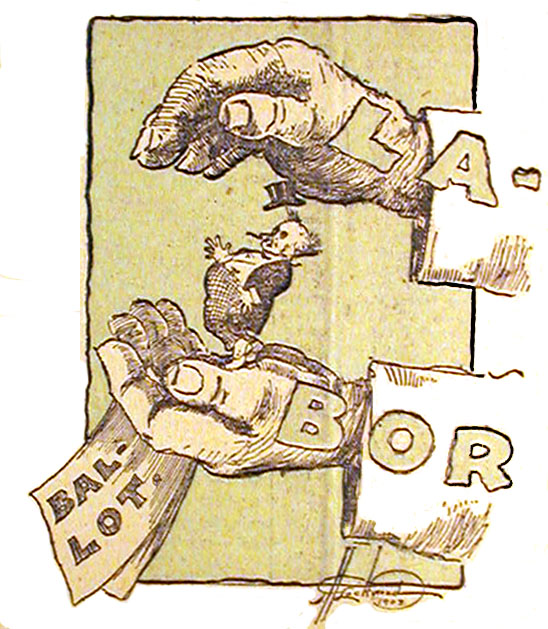
CROOKSTON, Minn. - Sharon Neet, D.A., joined the University of Minnesota Crookston in the late 1990s, “just when UMC was shifting from a two-year to a four-year institution,” said Sharon Neet, D.A., UMN Crookston history professor, Humanities, Social Sciences, and Education department. “I taught three years at Marymount College, a year at Cottey College (Missouri), and six years at Valley City State in North Dakota. I also taught the secondary social science method classes and supervised student teachers.” Neet came to UMN Crookston for a couple of reasons, better pay and benefits. Crookston was getting ready to develop four-year degrees and she had the experience needed at that level. “When I came, I was the only woman teaching that had a doctorate. I had tenure at Valley City so I came to UMC with rank and years toward tenure.”
Neet earned an associate of arts degree from Kansas City Kansas Community College and took classes at East Central Oklahoma State and the University of Missouri, Kansas City. She received her bachelor’s degree in history from Washburn University, a master of arts in history and a specialist in education from Pittsburg State University, and a doctor of arts in history from the University of North Dakota. “All of the degrees were in history and I took political science as second areas,” Neet said. “While I was at Washburn my plan was to be a philanthropist, but my parents had a different idea.” She always planned to study history and a chance at the opportunity to teach college after completing the master's degree made her pursue teaching.
A full professor with tenure teaching history and political science, Neet says she favors all of it, the classroom, research, and instruction. “I like all of it,” she said. However, this past year of teaching during the pandemic has made her very aware the classroom is much better for her than video online. “Interacting with students makes the subjects more relatable.” Being tenured and getting the full professor rank takes developing research, teaching, and service. It might be a surprise to some on campus she wrote the coaching minor and co-wrote five or six other academic degrees in the past thirty years. “I used to participate in University-wide governance committees and that gave me insights on the Judicial Committee to the tenure and promotion processes. I was the first person from Crookston to serve on the research committee that gave me access to review the research grants and ethical questions in the medical school,” she said.
One of Neet’s areas of expertise and research includes dead socialists. She developed a strong interest in using newspapers for seminar papers at Pittsburg State and indicated they had a very large periodical collection. “I first worked on Black newspapers of the Uplift period (pre-World War I). I found several short run papers that had not been cited in other works. This primary research gave me a publication, conference presentation, and a real interest in newsprint”.

When she studied at the University of North Dakota, she needed a topic and found one in the archives at Pittsburg State. “I asked the curator if they have any interesting newspapers” The answer was yes, and that set her off on studying the Appeal to Reason, a socialist paper that ran from 1897-1922. She read every newspaper to find a topic.
Neet described the newspaper as a propaganda sheet to convert people to socialism. “It employed women as writers, editors, and speakers. They published books and had a speakers bureau. They supported cooperative companies that built airplanes, manufactured food, and founded a People's College. They even ran a law school to prepare workers to challenge laws and improve working conditions,” she said. “Being socialists put them at odds with the government so I had to study the government's methods of stopping dissent voices that reached a high point in World War I.” Neet concluded there were many threads to follow.
One important thing the education propaganda of the Appeal taught her was those who hold the power to promote change need the constant pressure of education to make changes to systems. “You have to pick your battles but never forget it is an ongoing struggle to change,” she said.
Neet went on to state she is not a socialist, she only studies them. “Every time I present, even at history conferences, the first question begins with ‘You socialists believe…’ I then have to spend time explaining I am not a socialist but study them.” At that time she has to go deeper into conversation and suggest one can’t research and devote a great deal of time to a subject that you are a passionate believer in. “Emotion and wanting clouds that ability to see the subject from different viewpoints,” she said.
In March, the Crookston campus and the world will celebrate Women’s History Month. In speaking with Neet she recapped the women’s movement that began in 1908 where women united in New York City and marched for better labor laws, conditions, and the right to vote. When asked in what ways have women made an impact on this campus, students, and even the community, Neet said the most impact has been the increase of women in tenure track positions, women with terminal degrees, and women full professors. Retired Business Department Head, Sue Brorson, Ph.D., and I became the first women to be promoted to professor in 1997. We were alone for many years but not now,” said Neet. Today on campus there are three associate professors, four full professors, and eight assistant professors who are female.


